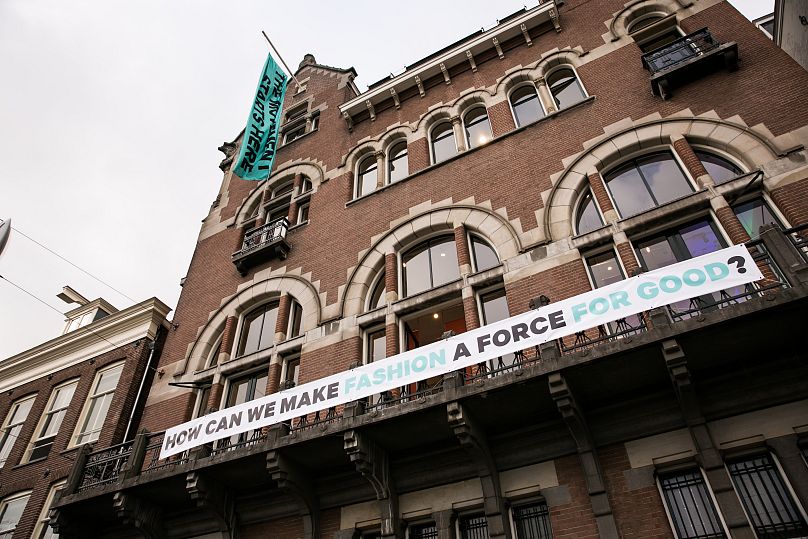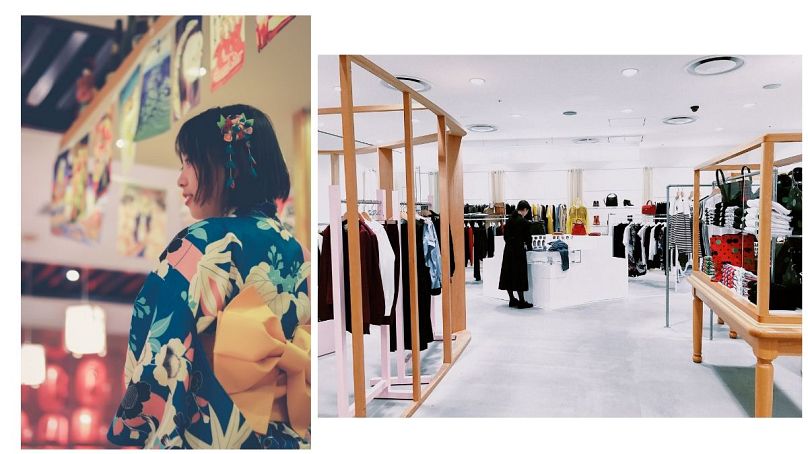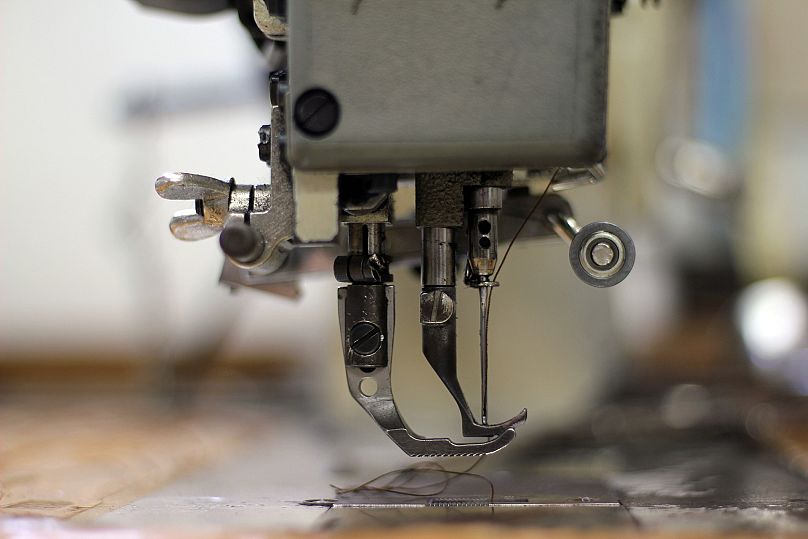A radical sustainable fashion fund launched at Hong Kong's fashion summit plans to revolutionise garment production in the Asian manufacturing industry.
Global sustainability initiative Fashion for Good appeared at the Hong Kong Fashion summit yesterday to showcase a new investment fund dedicated to driving sustainable fashion in Asia.
The team at Fashion for Good have launched the ‘Good Fashion Fund’ to initiate systemic change in the apparel and footwear supply chain, through investing in innovative technologies focused in India, Bangladesh and Vietnam. Fashion for Good, based in Amsterdam, is partnering with corporate fashion leaders at the C&A Foundation, impact investment firm FOUNT and Hong Kong-based The Mills Fabrica to début the fund. Aiming to disrupt the manufacturing culture in south-east Asia, the fund was revealed at the Hong Kong Fashion Summit 2019.
What is the Hong Kong Fashion Summit?
The Hong Kong Fashion Summit consists of a 2-day conference and sharing platform to discuss trends, technology and green solutions to the Asian fashion industry. Bringing together media, NGOs and key players in the global fashion network, the objective is to raise awareness around the environmental impact in a continent where fast fashion is at large.
The 'Good Fashion Fund' was announced officially yesterday by C&A Foundation board director Albert Brenninkmeijer and Fund director Bob Assenberg.
Launching the Good Fashion Fund
With a target size of $60 million, the Good Fashion Fund aims to “to catalyse positive change in an industry that clearly requires disruption”, Investment Manager at Fashion for Good Rogier van Mazijk told Euronews Living.
The investment fund will act as a means of “taking innovation to the mainstream, on a manufacturer level”, hoping to make a lasting impact that “ripples through the fashion value chain”, says van Mazijk.
The point is to mobilise manufacturing chains in India, Bangladesh and Vietnam by introducing environmentally friendly practices like the use of safe and recyclable materials, clean energy and encouraging fair job creation.
The money will go to small and medium manufacturers committed to adopting this sustainable criteria, as well as various larger ones willing to invest in “highly disruptive technologies”.
There is a critical need to create a new platform to “address the financing gap for sustainable innovations” in Asia, remarked Vanessa Cheung, the founder of Hong Kong based The Mills Fabrica. Agreeing with her, Leslie Johnston, Executive Director the C&A Foundation, said “we all know that ‘business as usual’ will not result in the fashion industry being a true force for good” and praises the “high risk appetite” of the Good Fashion Fund as a revolutionary shift in the industry.
How sustainable is the manufacturing industry in Asia currently?
After 1,000 people died and thousands more were injured at the Rana Plaza factory collapse in Bangladesh in 2013, outcry ensued at the state of clothes manufacturing in Asia. The tragedy uncovered poor safety standards and a lack of regulation, as well as the punishing and unsustainable methods used in garment production.
Since then, major retail brands have subscribed to various international efforts to improve factory standards, such as The Accord on Fire and Safety in Bangladesh. This particular agreement saw Primark in the UK, H&M in Sweden and the Italian group Benetton sign up. Despite this positive change, one report published last year by New York University suggests there may be as many as 8,000 garment factories still unaccounted for in Bangladesh.
We spoke to Founder and Creative Director of Fashion Revolution, Orsola de Castro, about the assumptions we make about garment production in Asia and whether it has moved on in recent years.
The fact that the Hong Kong Fashion Summit now exists is a reflection of how Asia’s production industry is “way more exciting and innovative than we think,” Orsola De Castro told Euronews Living. According to Castro, in the West we tend to “patronise producing countries”, presuming that sustainable innovation is only taking off in Europe and the US.
The situation has “massively improved in Bangladesh”, remarked De Castro and in China, there are “plenty of factory complexes becoming zero waste and upcycling clothes.”
In relation to the fund, De Castro told us she’s “very excited” about the investment. The impact the funding could make is “not just big, it’s huge” for Asia, she said, with the power to instil sustainable practice into garment production at every level.














